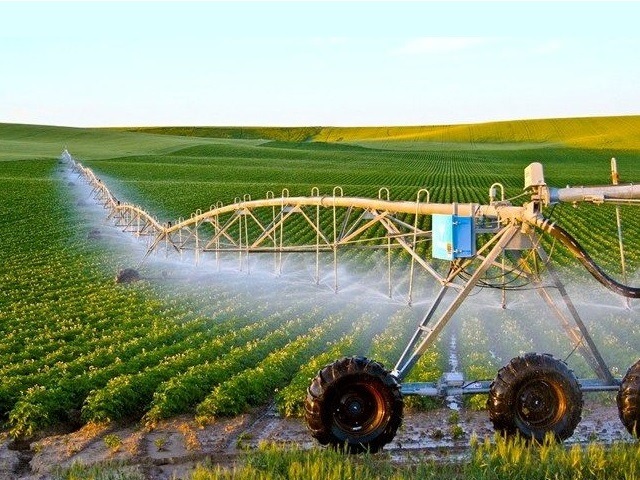ISLAMABAD: The food security situation in Pakistan is worsening due to the natural disasters brought about by climate change, needing urgent innovative measures to increase productivity to feed an increasing population, said Abid Qaiyum Suleri, Executive Director Sustainable Development Policy Institute (SDPI).
Talking to WealthPK, Suleri said food security was a major concern for Pakistan. Though Pakistan has improved the productivity of certain crops, diversification of the food basket remains a challenge, he added.
Suleri sounded alarm about the state of the agriculture sector, noting that the country’s human resources in this area remained underutilized, leading to an overburdened system.
Pakistan is now an importer of agricultural products, with the import bill for food groups standing at a staggering $7,333.745 million during the first nine months of the current fiscal year, according to the Pakistan Bureau of Statistics.
Suleri emphasized that the desired level of agricultural productivity could be achieved through collaborative efforts among the universities, research institutes, credit institutions, and farmers themselves, who face the challenges posed by climate change.
“The country’s agriculture sector is under immense pressure due to a 400% increase in population against a 40% increase in the agricultural areas. With the projected increase of 360 million people by 2050, it is essential to adopt innovative and modern approaches to agriculture, with a focus on precision farming practices,” he said.
Suleri said agriculture required the adoption of modern and innovative techniques for development adding that the next decade was the era of precision agriculture, and traditional farming practices will no longer be effective.
According to him, Pakistan’s agricultural sector must adapt to new technologies and modern techniques. Use of solar tube wells is an effective strategy, but Pakistan is already facing the water scarcity problem, he added.
The SDPI executive director emphasised that the farmers should be provided with solar tube wells and efficient irrigation technology, such as sprinkle and drip irrigation, to combat the already dire water crisis.
He further emphasised the need for effective crop and livestock insurance to protect against the catastrophic impact of climate change.
Asad Ullah Habib, Chief Executive Office of Zarai Taraqiati Bank Limited (ZTBL), agreed with Suleri’s concerns and stressed the need for adopting modern scientific approaches to agriculture in view of the rising population and shrinking land.
He further highlighted the ZTBL’s critical role in serving the small farmers, with 78% of them relying on the bank’s services. This underscores the significance of the bank in the agriculture sector and the need for continued support in this area.
According to the report by the World Bank, Pakistan’s agri-food system is crucial to the nation’s economy, but it has been facing low productivity and new risks from climate change.
The report highlighted that agriculture accounted for 23 percent of the country’s GDP and was the largest source of export earnings.
Additionally, over 63 percent of Pakistan’s population and four out of five households reside in the rural areas relying on agriculture for their livelihoods, the report said.
However, the sector’s growth has been sluggish, with labor productivity remaining stagnant for decades due to low crop and livestock productivity, it added.
The report also revealed that major crops’ yield was 1.5 to 4.2 times below their potential and 2.1 to 5.6 times below the international best practices.
The report emphasized that adopting climate-smart practices could reverse the productivity decline, enhance the agri-food system’s viability, and improve ecosystem degradation. –INP





